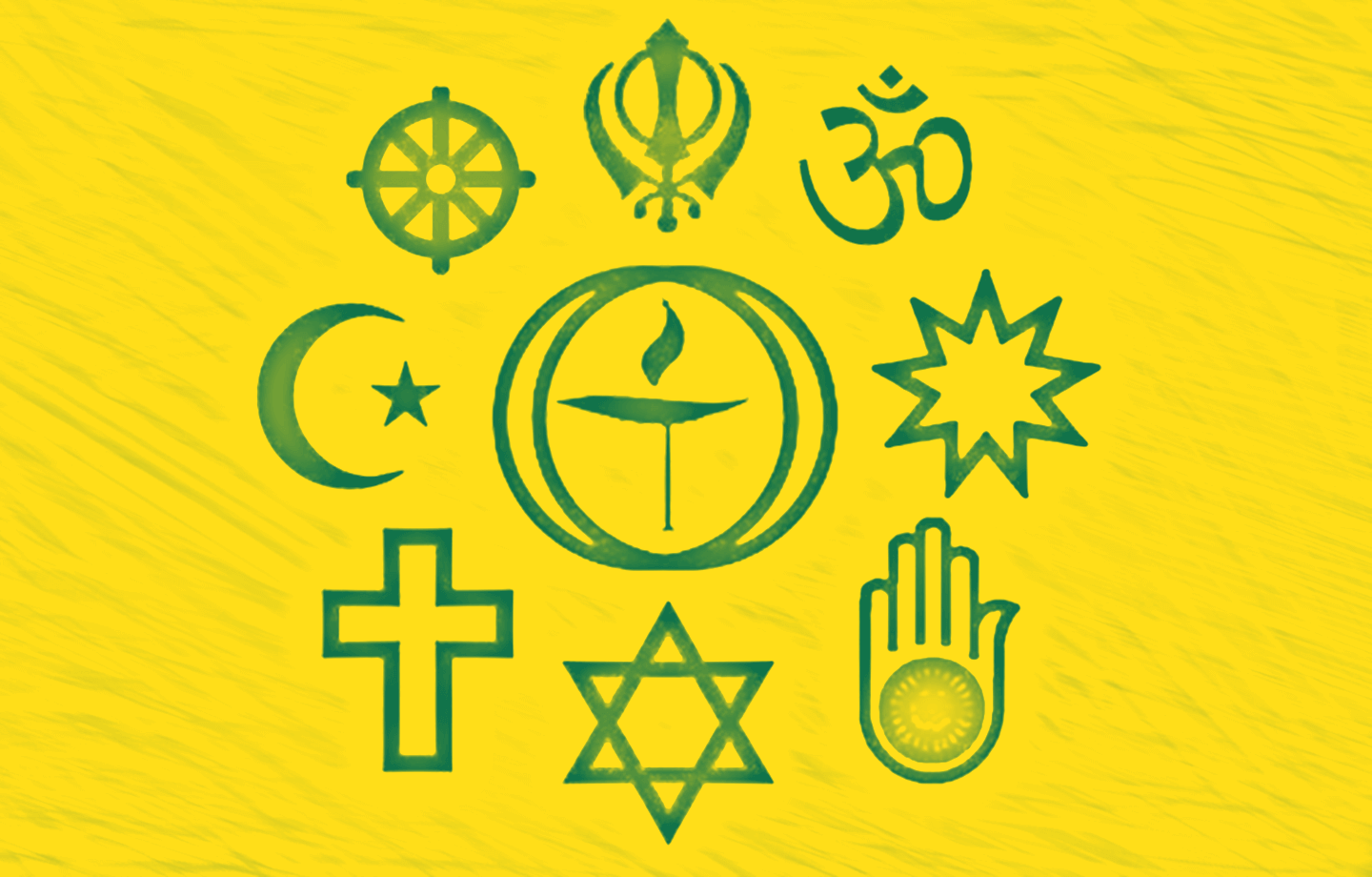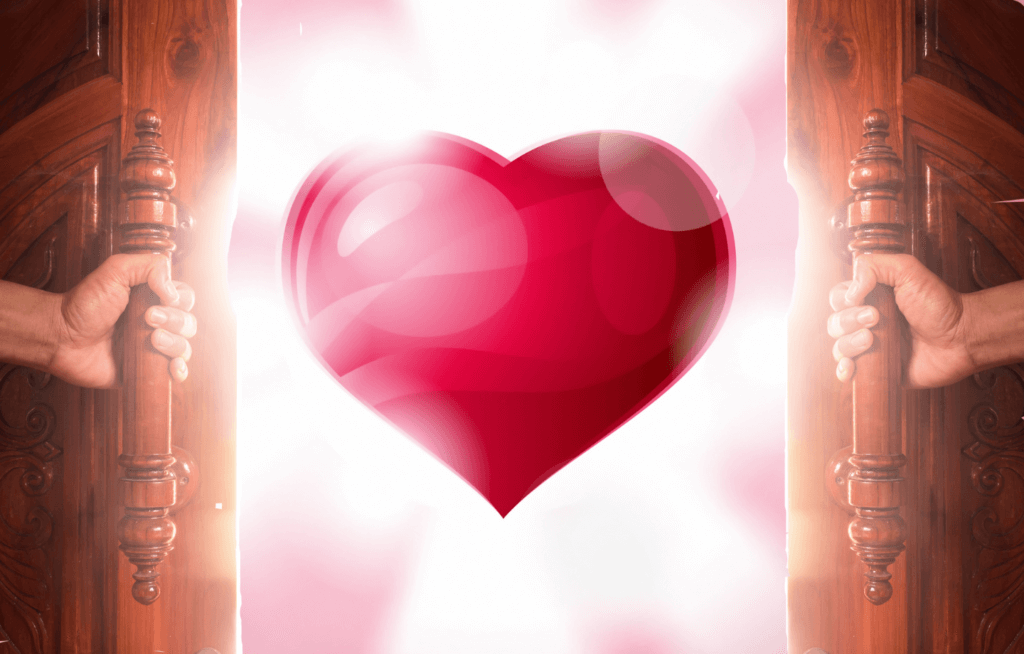
- This event has passed.
Faith
Sunday, January 10 @ 10:30 am - 11:30 am

Faith, according to the Book of Hebrews, is “the assurance of things hoped for, the conviction of things not seen.” Reverend Furrer’s reflections on what faith can mean to contemporary Unitarian Universalists. Notes on Sharon Salzberg, Thomas Jefferson, John Milton, Paul Tillich, and Bernice Johnson Reagan.
how to attend
• To virtually attend, please Zoom in using room number 989 3107 9078.
• To phone into the service, call 669-900-6833, Meeting ID: 989 3107 9078.
For those joining, please mute as soon as you enter the room, so everyone can hear. Please note, the services will be recorded, but at this time, there are no plans to share the recording.
More Information
Religious Education for children and youth begins at 9:30 a.m. in the same room! Learn more here.
If you don’t have a chalice, but want to light one, check out our Making a Chalice at Home page.
Service is followed by Coffee Hour.
Sermon Audio
Faith
Sermon Text
I want to talk this morning about faith—what it is and what it’s not. And I want to talk about faith development: how we can grow in faith; how we can live more faithfully.
We read in the Book of Hebrews that faith is “the assurance of things hoped for, the conviction of things not seen,” [11:1]. Defined as such, faith is a way of knowing and understanding distinct from our culture’s other way, that of science. Some see faith and science at loggerheads or, in the words of the late popular biologist Stephen Jay Gould, “non-overlapping magisteria.” I see them as harmonious and complementary paths to the truth.
There is a tendency to equate faith with doctrine. Doing so leads to arguments about doctrine and gets us nowhere—especially among Unitarian Universalists. Whether faith is connected to a deity or not, its essence, it seems to me, lies in trusting ourselves to discover the deepest truths on which we can rely.
In the language of the original Buddhist texts, Pali, the word usually translated as faith, confidence, or trust, is saddha, meaning, “to place the heart upon.” To have faith is to offer one’s heart or give over one’s heart. In Pali, faith is a verb, an action, as it is also in Latin and Hebrew. In other words, faith is not a singular state that we either have or do not have; it is something that we do: a willingness to take the next step, to see the unknown future as an adventure, to launch upon a journey. Virgil’s classic the Aeneid is an epic journey of faith. The hero, Aeneas, escapes the sack of Troy having no idea where he is going. On his way to do one thing, blown by storm and fortune, he ends up doing another. Sinbad, of the Thousand and One Arabian Nights, suffers a similar fate. Both heroes’ ships are battered, plundered, and attacked, but guided by a faint yet compelling sense of mission they repeatedly face the unknown. Just when things look good, it all collapses; in the face of doom and at the last minute, an escape route is revealed—one event after another, after another: all constantly changing, and none of it predictable. Still, the heroes keep plugging away.
Abraham Lincoln, a real-life hero, was once asked what the deepest truth was he knew. His reply: “This, too, shall pass.” He realized that everything is in a process of flux, forever changing, evolving, or transitioning through space and time; that change is the essence of reality. Solid as they seem, even the towering Cascade and Olympic Mountains are slowly crumbling and will one day disappear. Our internal states change, too. Implacable heartache gives way to new love; physical distress subsides; excitement wanes. No matter what is happening, when we recognize the inevitability of change, ordinary, even oppressive dimensions of our lives become alive with prospect.
Things may improve or they may get worse, but they are bound to be different tomorrow. This is the first step, the beginning, of faith: accepting the inevitability of change. The second step is going forward anyway, uncertain how events will unfold—but risking that they might well get better and willing to find out either way.
Building on the work of developmental psychologists Jean Piaget and Lawrence Kohlberg, theologian James Fowler and religious educator John Westerhoff both suggest that people evolve in their understanding—and practice—of faith. From innocent faith to literal faith to critical faith to integrative faith—whether there are actually stages or not, Fowler and Westerhoff help us conceptualize the idea of faith as a verb, as becoming, as a journey.
Sharon Salzberg describes her faith journey in the language of Buddhism. I’ve drawn from her work in the preparation of this sermon. Sharon Salzberg grew up in a secular Jewish household. She discovered Buddhism as a young adult and took to it quickly. Initially she was dazzled by her meditation teachers; she gobbled up their every word: she describes this period as “bright faith,” healthy in that it mobilized her energy to let go of the convenient and familiar and strike out in a new, unknown direction. Bright faith, however, too often morphs into something resembling blind faith: unthinking devotion to a teacher or teaching. In Salzberg’s understanding of Buddhism, bright faith is only the beginning. And it’s not about putting aside our discriminating intelligence, but it is about putting aside our cynicism and apathy. Moreover, bright faith can be inspiring enough to remain a unifying touchstone throughout our journey.
Consider Francis S. Collins. Francis Collins is an American physician-geneticist noted for his leadership of the Human Genome Project. He is the current Director of the National Institutes of Health in Bethesda, Maryland. “No matter how much science describes the temporal sequence of sound waves in a Bach concerto or the Mass in D Minor,” writes Collins, “there is something more there that lifts the spirit…. It’s the realization that these kinds of spiritual experiences can’t be dismissed…as ‘epiphenomenal froth on the surface of a cold, hard universe’ that inspires my scientific—and human—passion.”
Physicist Werner Heisenberg recounts just such a unifying and sustaining experience in the years following World War I. At a gathering of young people looking to establish a new order for the defeated German state, Heisenberg found himself dispirited by their endless conflicting blather. The absence of any unifying center affected him viscerally. He writes:
Thus the hours ticked by, while more speeches were delivered and more disputes were born. The shadows of the courtyard grew longer, and finally the hot day gave way to a slate dusk and a moonlit night. The talk was still going on when, quite suddenly, a young violinist appeared on the balcony above the courtyard. There was a hush as, high above us, he struck up the first great D minor chord of Bach’s Chaconne. All at once, and with utter certainty, I had found my link with the center…. The clear phrases of the Chaconne touched me like a cool wind breaking through the mist and revealing the towering structures beyond. There has always been a path to the central order in the language of music, in philosophy and in religion, today no less than in Plato’s day and in Bach’s. That I knew now from my own experience.
Testing what we have read or heard from others, be they gurus or scientists, is necessary if we are to turn initial bright enthusiasm into something deeper, long lasting, and soul-sustaining. We must ask questions, find our voices, explore, and verify through our own experience what we have heard of or seen outside ourselves. This is the Protestant Principle: “the priesthood of all believers.” When we fail to question what we are putting our faith in, fail to test it against our own experience, bright faith devolves into blind faith; we must be able to try things out, to doubt, and to wonder.
Here’s why: faith and doubt are not at war; they imply each other; they are mutually arising, like two sides of the same coin. “Cherish your doubts,” wrote the Unitarian minister Robert T. Weston, “for doubt is the attendant of truth…. It is an acid which eats away the false. Let no one fear for the truth, that doubt may consume it; for doubt is a testing of belief. The truth stands boldly and unafraid; it is not shaken by the testing: For truth, if it be truth, arises from each testing stronger, more secure.”
Beliefs that cannot be questioned are based on fear. And whenever fear dominates, our sense of possibilities starts collapsing. With fewer and fewer possibilities, we freeze. The opposite of faith is not doubt, it’s inertia: doing nothing. People becoming radicalized on the Internet or otherwise just going whack-o and shooting a bunch of other people has become commonplace nowadays. People were deeply shaken, though—I know I was—nine years ago this coming month when they first heard about massacre of over twenty students at Virginia Tech. Professor Liviu Librescu, a Holocaust survivor, was shot and killed in the massacre while holding off the gunman at the entrance to his classroom so his students could escape through the windows. Professor Librescu exemplifies, it seems to me, what it means to be a person of faith. The 76-year-old engineering professor, having lived under both Nazi and communist tyranny, acted immediately and with no thought to his personal safety: things may get worse or they may get better, but fear only freezes us and prevents us from acting wisely and compassionately to do what we can on behalf of others…and ourselves.
The English word “courage” has the same etymological root as the French word coeur, which means heart. To have courage is to have a full heart. Bravery is hardly the absence of fear; it is acting despite fear. Likewise, faith. To be faithful is not to banish anxiety that things may not turn out the way we hope, it is making choices about what we can affect fully aware that much is beyond our control.
The gift of faith, writes Sharon Salzberg, allows us to act guided by “a more holistic vision of life, with all its mutability, evanescence, dislocations, and unruliness.” It’s easy to lose touch with a holistic vision. (Another way, it seems to me, to say “lose touch with a holistic vision” is to say, “loose our sense of inter-connectedness with the web of life.”) And when we do, it’s so easy to go into despair. A woman who lived through the bombing of Hiroshima described her desolation: “When the bomb dropped, we all became separate human beings.” Utter isolation and disconnection. Some people—some of us during a crisis—can feel devastated in situations far less horrendous than an atomic bomb. Holocaust survivor Viktor Frankl writes that when we despair, whatever the cause, we feel devastated and alone: we become completely separate human beings. The shooter at Virginia Tech, it is now clear, had become isolated in just this sad and awful way. Meanwhile teenaged Isis jihadists, in their longing to connect with something (Anything!) that will overcome their isolation, become equally destructive… even more so.
We are part of the web—interwoven into Sharon Saltzberg’s holistic vision—whether we are aware of it or not. Physicist John Stewart Bell theorized that particles that were once connected, when separated, would still behave as if connected, even at a distance. Another physicist, Alain Aspect, later proved Bell’s theorem by separating photons and measuring their “spin.” No matter how distant the photons became, when the spin of one was measured, its partner simultaneously showed the opposite, complementary spin. The correlation was instantaneous: faster than the speed of light.
When I contemplate interdependence on such a scale it blows my mind. It makes me marvel. But it also makes me sick. Literally “sick,” when contemplating the environmental degradation all around. Deforestation, pollution, and mismanagement affects biodiversity, migratory patterns, and now even our climate. The good news is that, because of our interconnectedness, what we do collectively and individually does make a difference. The immediate results of any action, and others’ response to it, are only a small part of that action’s value. Equally important are the quality of our intention and the skillfulness of our actions. Think of Professor Librescu. He saved only a few lives, but he inspired the faith of countless others, me among them, and will continue to for years to come.
Theologian Paul Tillich defines faith as alignment with our “ultimate concern,” those values to which we are most devoted, that form the core of what we care about most passionately. An ultimate concern is not a facile whim, but a touchstone at the center of our lives.
For many Unitarian Universalists, justice serves as an ultimate concern. UU Bernice Johnson Reagon, a singer-songwriter with Sweet Honey and the Rock, was a civil rights activist in the sixties, desegregating public facilities in her native Georgia. Recalling the danger of those days, she explains,
Now I sit back and look at some of the things we did, and I say, “What in the world came over us?” But death had nothing to do with what we were doing. If somebody shot us we would be dead. And when people died we cried and we went to funerals. And we went and did the next thing the next day, because it really was beyond life and death. It was really like sometimes you know what you’re supposed to be doing. And when you know what you’re supposed to be doing, it’s somebody else’s job to kill you.
Unwavering faith in justice enabled Bernice Johnson Reagon and her fellow activists to carry on despite their fear and uncertainty. They continue to inspire us to this day.
For many UUs, faith in the law of nature is their ultimate concern: seeds regenerating after a forest fire, rivers flowing to the sea, renewal following decay. It is reported that many Hiroshima survivors, in the wake of the bomb, doubted that grass, trees, and flowers would ever grow there again. Grass, trees, and flowers did grow again. Many survivors, recalling those days, say that only after seeing for themselves that natural law still prevailed, did they have the faith to go on. The return of Spring confirms a faith shared by many.
For others, growing in their capacity to love is their ultimate concern. In one of his last sermons Martin Luther King spoke of his legacy. “Don’t tell them I won over 400 awards including the Noble Peace Prize. Tell them I learned how to love.” Suzuki Roshi, author of the Buddhist classic Zen Mind, Beginner’s Mind, writes, “Even if the sun were to rise in the West, the bodhisattva has only one way.” That “one way,” for bodhisattvas, is dedicating one’s life to the benefit of all beings.
Whatever one’s ultimate concern, the outcome of our efforts is always uncertain. But one thing is not: whether we know success or failure, wealth or subsistence, acclaim, or disregard, we can be inspired by our sense of purpose in all our choices. Amid the recent, often vulgar, and bombastic presidential campaign clamoring, and almost routine mass slayings, I am reminded of something my former grandmother-in-law, a coal miner’s wife for much of her life—who knew what she was talking about—once told me: “never go out the door angry with someone. You never know what day will be your last.” You don’t have to work in a coal mine; any day could be the last day of any of our lives. Living in faith means living that day—this day—dedicated to what we most believe in, unwilling to be frozen by fear.
So, may it be. Shalom. Salaam. Namaste. Amen.



